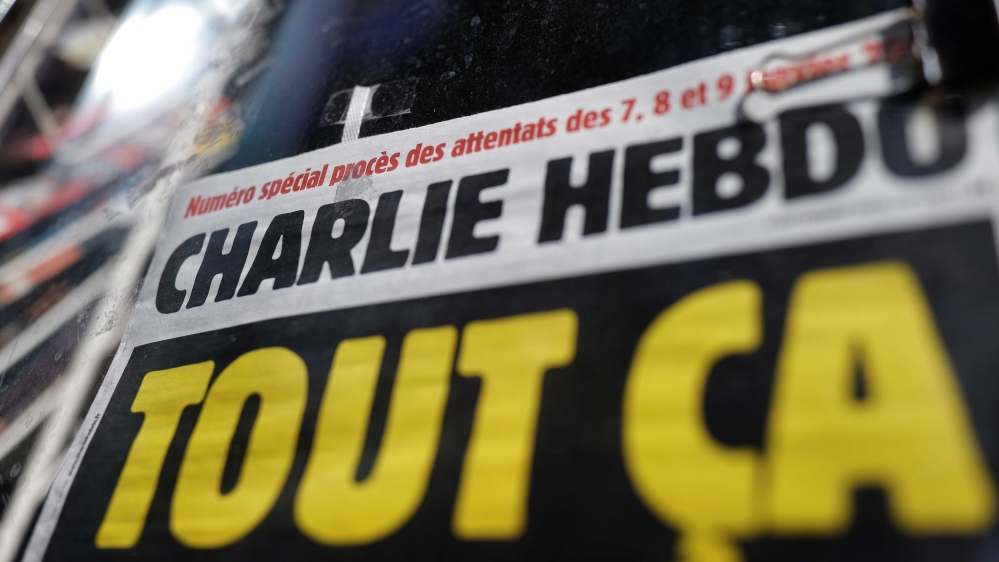Ayodhya: CBI Moves Apex Court Against Advani & Others
By Nilofar Suhrawardy, TMO India Correspondent
NEW DELHI: Notwithstanding the fact that social, political, religious and legal issues linked with the sensitive Ayodhya-issue still remain far from being resolved, it is pertinent to look into prospects of a solution being arrived at between the contending parties. This naturally raises the question, whether all the parties involved are really keen on the issue being resolved. Eighteen years ago, Indian secularism witnessed a dark chapter as right-winged Hindu extremists took law in their own hands by demolishing Babri Masjid in Ayodhya, Uttar Pradesh. The demolition-phase was also marked by communal Hindu groups, known as saffron-brigade, targeting Muslims in riots spread throughout the nation.
Eighteen years have passed and the key communal leaders who led the movement targeting Babri Masjid and Muslims, as a part of their Hindutva-drive: that is transform secular India into a Hindu State, still have not been punished. Equally tragic is the fact that Muslim families and individuals who were targeted during the phase have yet to receive adequate compensation. Who and/or what should be blamed for this major lapse that is suggestive of irregularities in the country’s political, legal and among others investigative system?
From one angle, there has been no pause in the course taken by the country’s judicial process. Last year, the Lucknow bench of Allahabad High Court, Uttar Pradesh by a majority verdict, ruled division of the disputed land into three parts, with one going to Muslims, one to Hindus and third to Nirmohi Akhara. Yet, verdict in general was not viewed as satisfactory. This is indicated by the verdict being challenged in the Supreme Court by several parties, including Hashim Ansari, the oldest litigant in Ayodhya title suit. Among others, who have approached the Supreme Court against Allahabad High Court’s decision are Sunni Waqf Board, Hafiz Siddique, Mirzauddin, Nirmohi Akhara and Hindu Mahasabha.
Earlier this month, the Allahabad High Court extended status quo on implementation of its September 30 order till May 31. This is just one of many complexities involved in Ayodhya-case, which has yet to reach any final stage. In other words, justice has yet to be delivered where disputed land in Ayodhya is concerned. The same is true regarding punishment of those responsible for inciting people to the stage of communal frenzy which was marked by demolition of Babri Masjid and spread of riots in the country. It may be recalled, senior Bharatiya Janata Party (BJP) leader L.K. Advani and 20 others were accused of a conspiracy to demolish the Babri Masjid.
Advani tried influencing the common people by leading “rath yatras†or chariot processions in various parts of the country. His apparent aim was to convince the Indian Hindus of saffron brigade’s aim to build a temple by demolishing the Babri Masjid, as a part of Hindutva-drive, that is form a Hindu State. The allegations against him and 20 others of conspiring to demolish the Babri Masjid were dropped last year on May 20 by a High Court. It has taken around nine months for the Central Bureau of Investigation (CBI) to challenge this verdict of High Court.
The CBI moved the Supreme Court last week (February 18), challenging the Allahabad High Court’s verdict discharging Advani and 20 others of the allegation of demolishing the Babri Masjid. It is indeed ironical that CBI failed to prove its charges against Advani and 20 others in the High Court for having conspired to demolish the Babri Masjid. Among the others, accused of the conspiracy charges are Bal Thackeray, Murli Manohar Joshi and Kalyan Singh. Charges against Advani and others were earlier dismissed at several judicial levels on technical grounds and for lack of evidence. Against this backdrop, the question naturally arises as to whether the CBI is now armed with new “evidence†to nail Advani and others for their alleged role in demolishing Babri Masjid?
Technically, the CBI should have filed its appeal against the High Court judgment within 90 days of it being delivered, that is by August 19 last year. Though the CBI has moved an application requesting the Supreme Court to condone its delay in filing an appeal against the High Court judgment, the question remains, as to what has prompted the CBI to wake up now to questioning the dismissal of charges against Advani and others?
Challenging the High Court’s decision to drop charges against Advani and others as they did not participate in “actual demolition,†the CBI wants these to be linked with “offences of instigation and other allied offences.†The CBI wants a joint trial of “acts of instigation, facilitation, the actual demolition of the Masjid, the continuous assault on media persons (which) thus form a single connected transaction and can well be a concerted conspiracy under Section 120 B of the Indian Penal Code.â€
As of now, the impression is that CBI is not willing to spare Advani and others of their role in demolition of Babri Masjid. It has taken 18 years for these charges to reach the apex court. It is to be watched whether the Ayodhya-issue is politically exploited by concerned parties and/or substantial importance is given to the stand taken by judiciary, without any external pressure!
13-9












2011
1,059 views
views
0
comments